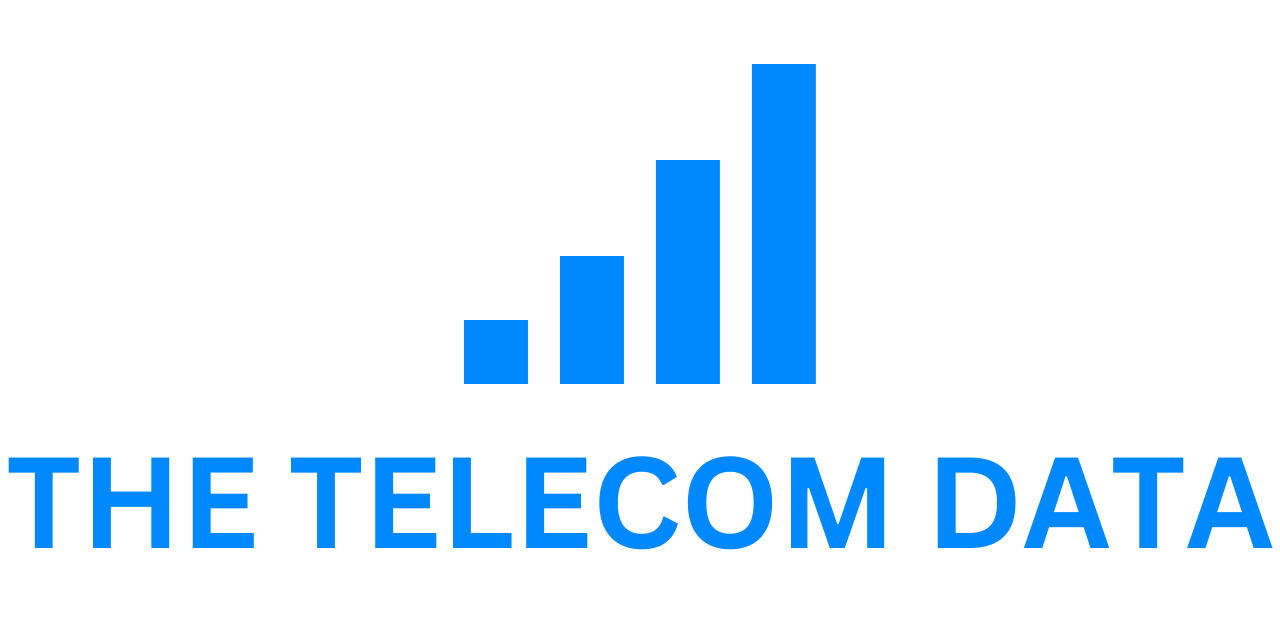New research from BT Group has highlighted the crucial role technology can play in aiding dementia patients, but many carers lack the skills to benefit from it.
The findings show that two-thirds (66%) of people caring for someone with dementia believe technology can enhance the quality of life for those living with the condition. This includes using smartphones for reminders and alarms, managing medication, playing music to calm agitation, and keeping connected to friends and family.
However, 40% of carers are unsure how to incorporate technology into their caregiving routines, and 52% feel there isn’t enough training to help them use tech effectively.
In response, the charity AbilityNet is hosting a free webinar with support from BT Group on Wednesday, July 10, to demonstrate how tech can assist people with dementia or cognitive disabilities.
In the UK, over 944,000 people are currently living with dementia, and one in three people will care for a person with dementia at some point in their lives.
Rachel Haworth, a full-time carer from Southampton, looks after her mother, Brenda, who was diagnosed with vascular dementia in 2020. Rachel, who previously worked as a professional carer, says technology has been transformative, not only in supporting daily routines but also in improving her mum’s condition.
“I’ve been a carer for older people with all sorts of special requirements and cognitive disabilities for a long time, so I know just how important technology has become in the last decade or so,” said Rachel. “As a family, we’ve gone from a world where everything was pen and paper to one where tech plays a crucial role in our daily lives.
“We use tech for basic things like setting up alerts for medication, booking appointments, and staying in touch with the carers who support me. These simple tools make a big difference in ensuring we’re all on the same page and are essential to helping mum enjoy a good quality of life.
“My mum also has a tablet now, which she uses to play games that are great for her mind. She uses messenger as well, which means she can call her grandkids whenever she likes. The positive change in her over the last year or so has been remarkable – a real turnaround we never thought we’d see.
“She keeps up with current affairs and remembers names in a way she couldn’t even a year ago. Embracing technology isn’t just about convenience; it’s about preserving independence and dignity. I’ve seen how tech has given mum a sense of empowerment and connection that I would never have thought possible.”
The BT Group study also examined the barriers preventing carers from using technology in their routines. It found that 43% of carers believe they lack the necessary skills, and nearly a third (32%) feel overwhelmed by how to use it.
Victoria Johnson, Social Impact Director at BT Group, said, “Technology holds so much potential to enhance the lives of older people and those living with dementia and cognitive disabilities. Yet our research shows getting to grips with tech can be daunting for carers. The AbilityNet webinar is part of BT Group’s purpose, We Connect for Good, which aims to tackle the UK’s digital divide by empowering people with the knowledge, resources, and confidence to live life in the digital world.”
Sarah Brain, Head of Free Services at AbilityNet, added, “Technology can be a real ally in dementia care, but if you don’t know what’s out there or how to use it, then it’s daunting for carers and those living with dementia. At AbilityNet, we assist older and disabled individuals by providing advice, support, and training with tech. This upcoming webinar on July 10 is an excellent starting point to help carers explore available resources and see how, together with BT Group, we can empower them with the knowledge and tools they need.







